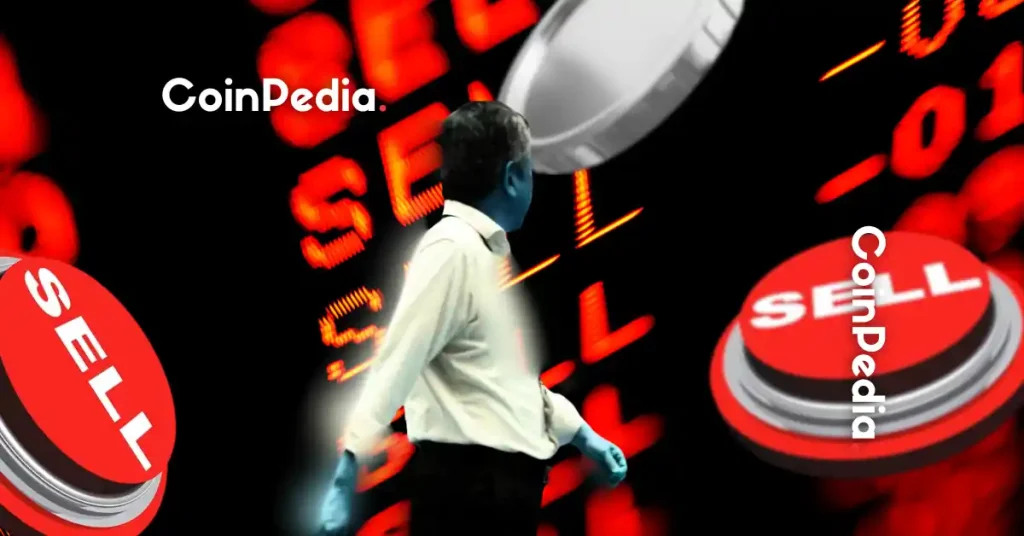The US Securities and Exchange Commission (SEC) chairman, Paul Atkins, has cleared the air on what has been the industry’s sore point for years, especially under Gary Gensler.
According to the pro-crypto chairman, an asset should only be considered a security in situations where a third party’s managerial efforts are absolutely essential to promises of the asset’s future value.
Many, if not most, crypto tokens are purchased by holders in anticipation of future profits. However, Atkins repeatedly clarified that a token should only be considered a security if purchasers are “expecting profits from the essential managerial efforts of others” due to promises from the issuer that also “must be explicit and unambiguous.”
Since taking office in April, Atkins has led the SEC to establish a dedicated Crypto Task Force and has dropped several ongoing enforcement actions inherited from the Gensler era. This is another key policy shift where Atkin is pushing back against Gensler’s interpretation that most crypto coins are securities.
Ethereum and XRP get a soft landing
Under these standards, the majority of crypto tokens trading today will not fall under the SEC’s jurisdiction.
In the instance that a crypto token does qualify as an investment contract by meeting that bar, it could again become a non-security after “the issuer either fulfills the representations or promises, fails to satisfy them, or they otherwise terminate.”
Paul Atkins stated that some types of crypto tokens should not be considered securities in and of themselves. Some of these are “network tokens” that are connected to a working, decentralized blockchain network. Most popular crypto tokens, such as Ethereum, Solana, and XRP, fall into this group.
Atkins also listed “digital collectibles” as a type of exempt token. These are crypto coins that either represent media rights or, more importantly, reference “internet memes, characters, current events, or trends.” Meme coins, which are both volatile and popular, seem to also be exempt from the SEC’s control.
Additionally, Atkins said that “digital tools,” which are crypto assets providing a practical function like a ticket, membership, or badge, are also not securities in his opinion.
During Gensler’s tenure, the SEC launched legal battles against high-profile firms, including Ripple Labs, Terraform Labs, Binance, Coinbase, and Kraken, actions that cost the industry billions in legal fees.
However, under the new guidelines, although his approach might be threatening to some tokens, SEC Chair Paul Atkins stated that crypto firms will now receive warning notices before any enforcement actions are taken. As reported by Cryptopolitan, he suggested companies should be given up to six months to address issues before enforcement is considered.
Atkins to plan for securities trading on non-SEC venues
Atkins stated that tokenized securities, which are copies of securities already regulated by the SEC that trade on the blockchain, would still be subject to SEC regulation.
However, he reiterated his support for the growth of “super-apps,” which are platforms that facilitate trading of both securities and non-securities from a single location. Atkins said that he has asked his team to come up with suggestions that would let securities trade on sites that are not regulated by the SEC.
“While capital formation should continue to be overseen by the SEC, we should not hamstring innovation and investor choice by requiring the underlying assets to trade in one regulated environment versus another,” the chair said.
Still, Atkins praised the securities laws. According to him, “Congress crafted the securities laws to address specific problems—situations in which people part with their money based on promises that depend on the honesty and the competence of others. They were not designed as a universal charter to regulate every novel form of value, digital or otherwise.”
The smartest crypto minds already read our newsletter. Want in? Join them.
















 English (US)
English (US)